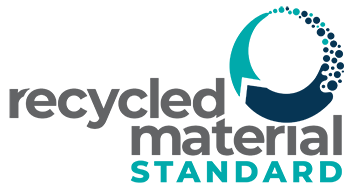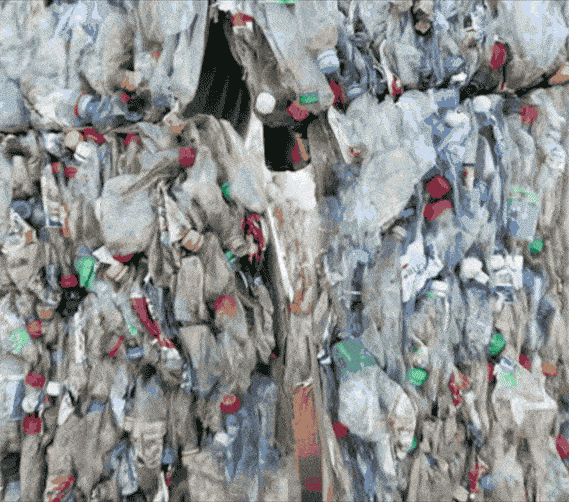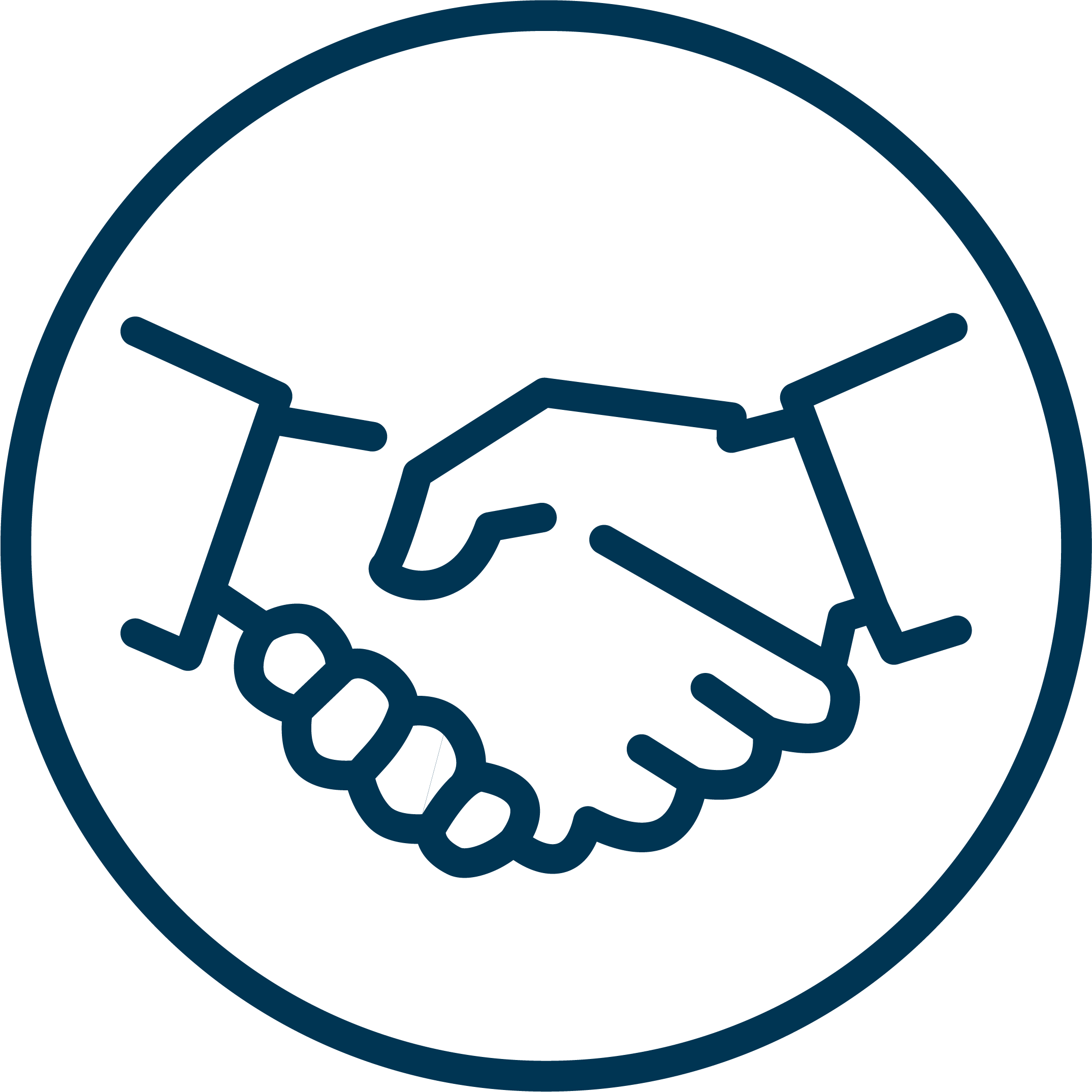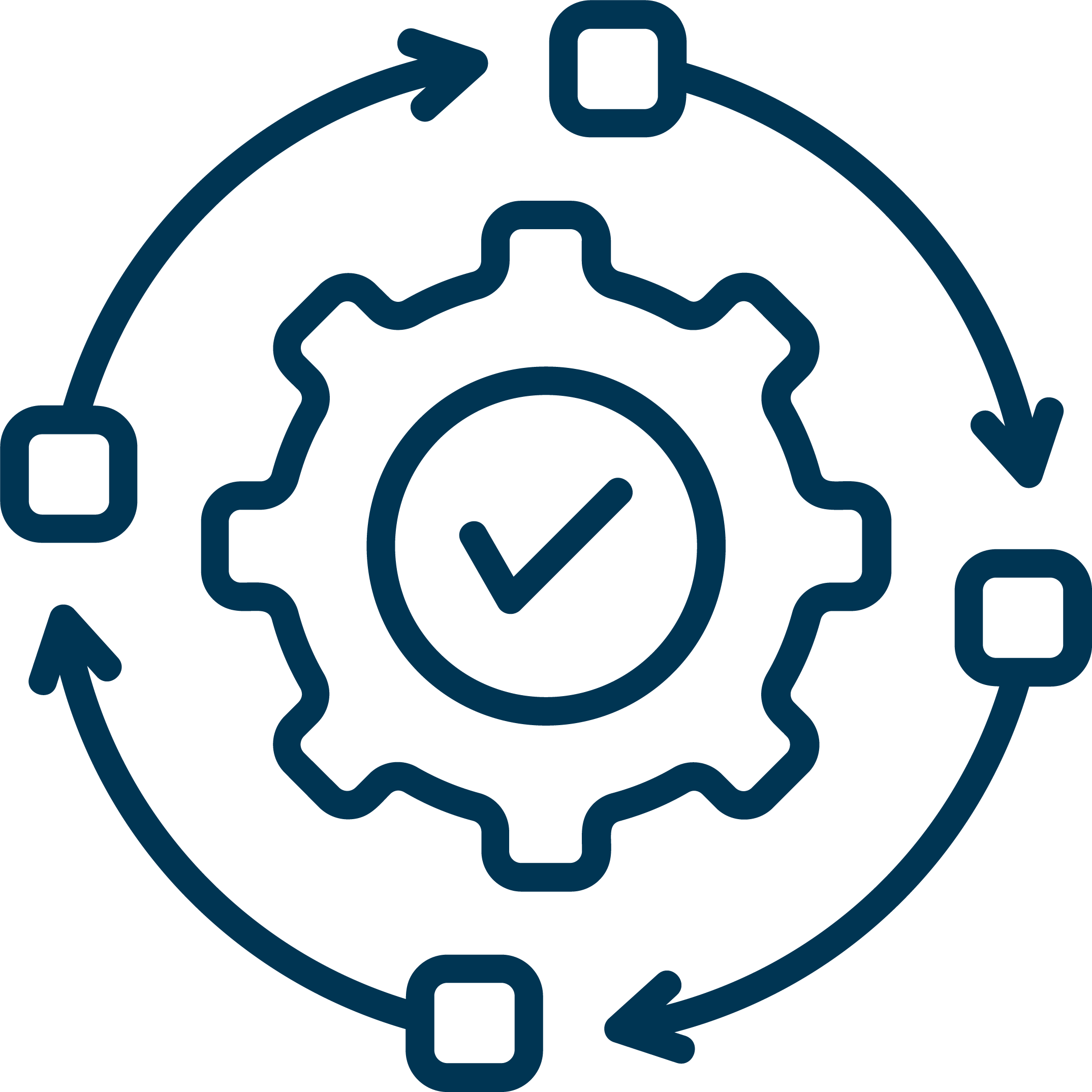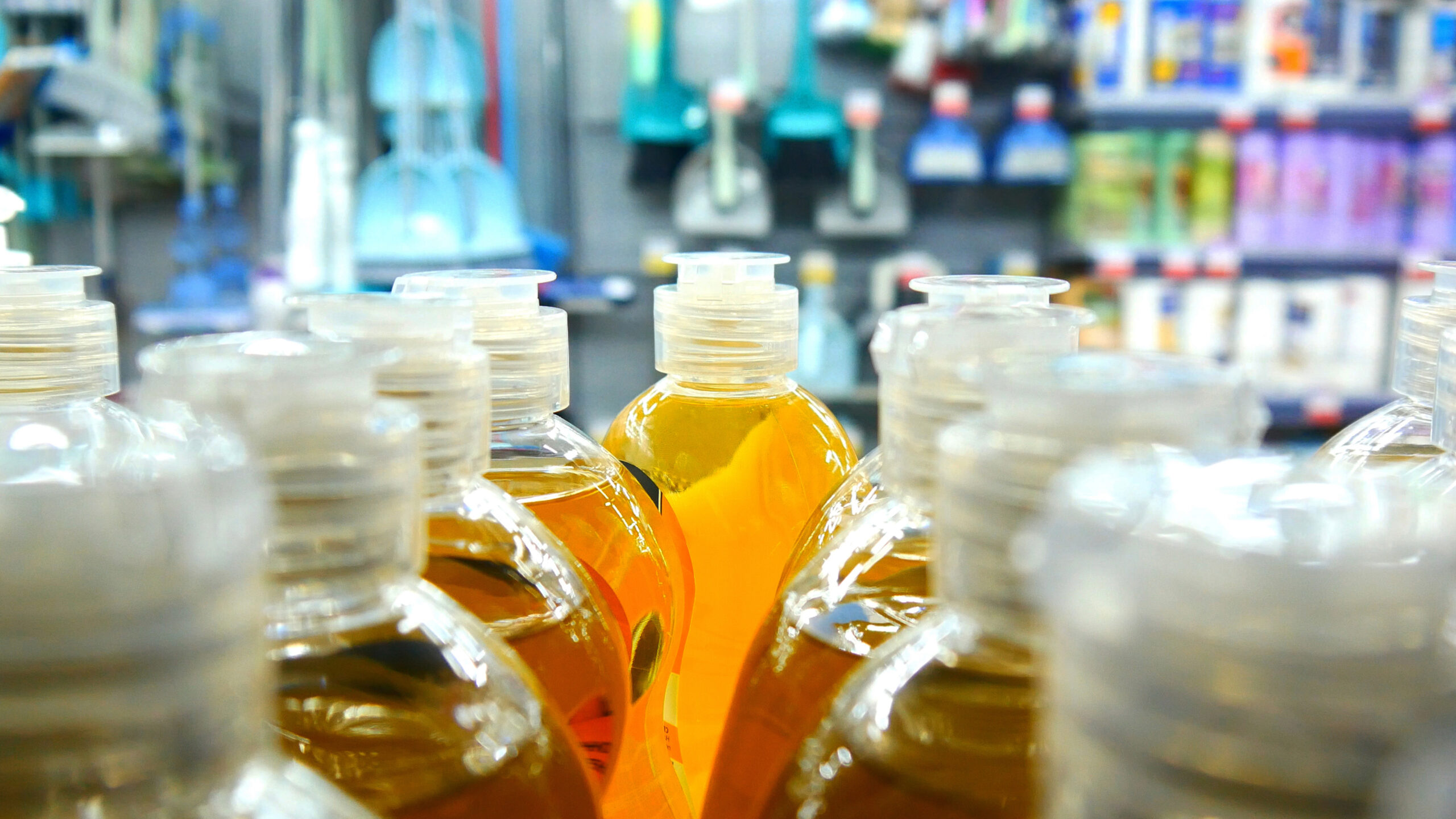Benefits of Certification
RMS Certification was built on a number of important factors, focusing on clear rules, definitions, and guidelines to create an even playing field among competitors and a strong assurance mechanism for brands and consumers. Not only can supply chain participants have confidence in their claims, they can join an educational platform to grow and share their knowledge of the benefits of recycled materials.
Get Certified